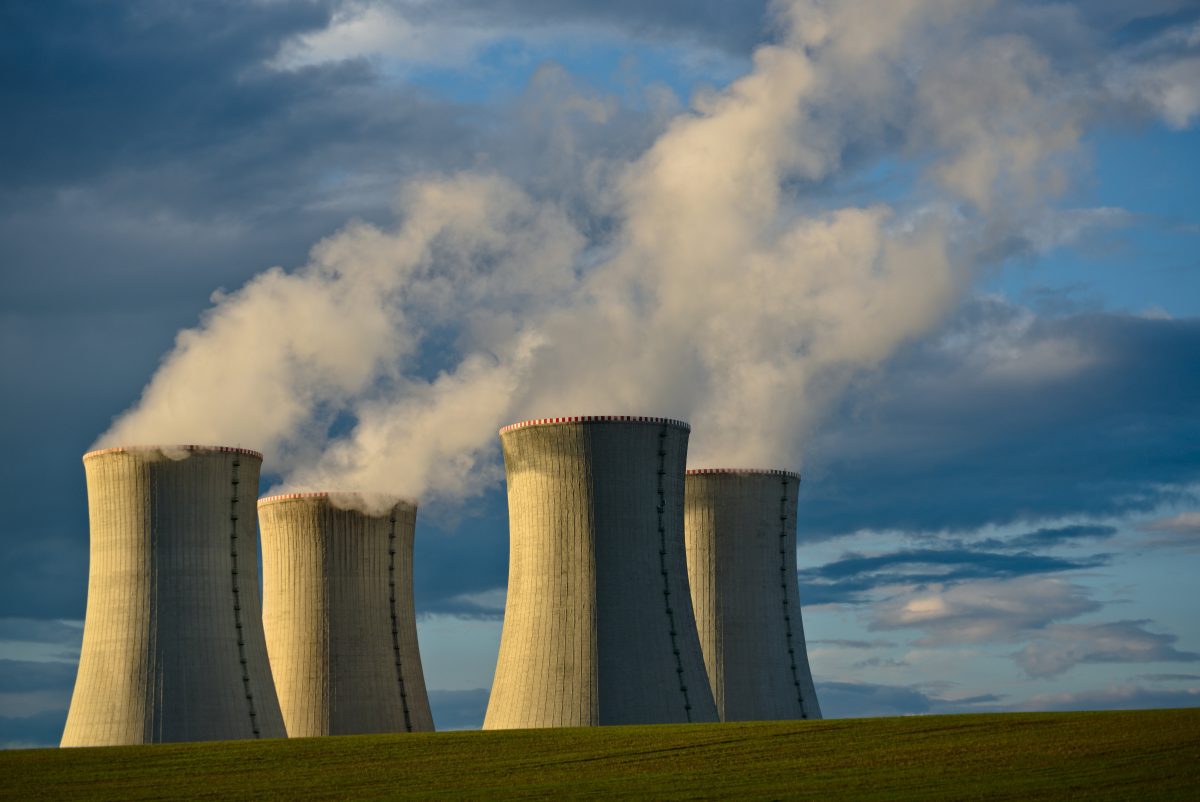The Ugandan government’s recently declared the construction of a nuclear power plant as another source of electric energy, however this has generated mixed reactions among citizens and environmentalists.
The government stated that the use of nuclear power will help meet the growing energy demand and reduce the country’s dependence on fossil fuels. The proposal includes the construction of a nuclear power plant with a capacity of 2,000 megawatts by 2030.
However, environmentalists have raised concerns about the potential risks associated with nuclear power. They argue that the construction and operation of a nuclear power plant could have adverse effects on the environment and human health, and the consequences of a nuclear accident could be catastrophic.
Experts in the energy sector have also raised questions about the feasibility of the proposal, given the high costs of building and maintaining a nuclear power plant. They argue that there are more cost-effective and environmentally friendly options, such as wind and solar power.
The government has responded to these concerns by stating that it will ensure that all safety measures are in place and that the plant will be constructed and operated in accordance with international safety standards. The government has also stated that the proposal is still in its early stages and that a feasibility study will be conducted to determine its viability.
Despite the mixed reactions, some Ugandans have expressed support for the proposal, citing the need for a reliable and affordable source of energy. They argue that nuclear power could help drive economic growth and development in the country.
The construction work is expected start soon and be completed by 2031 in the district of Buyende in Busoga region




















Discussion about this post